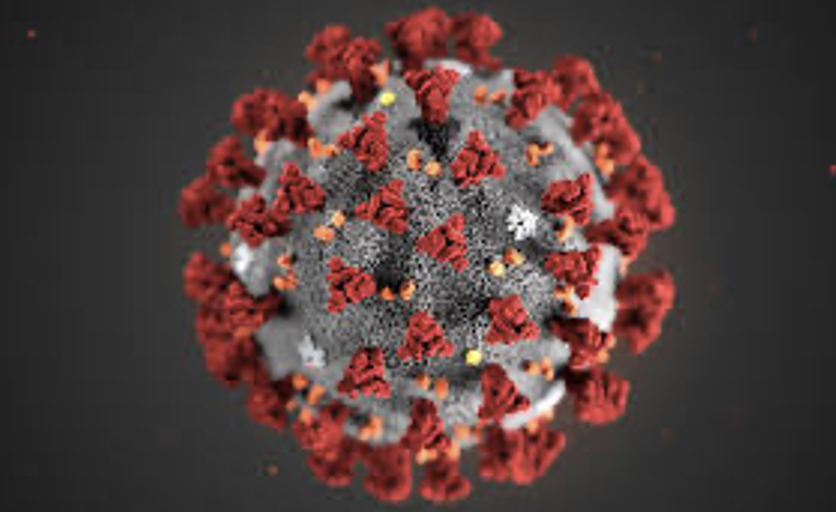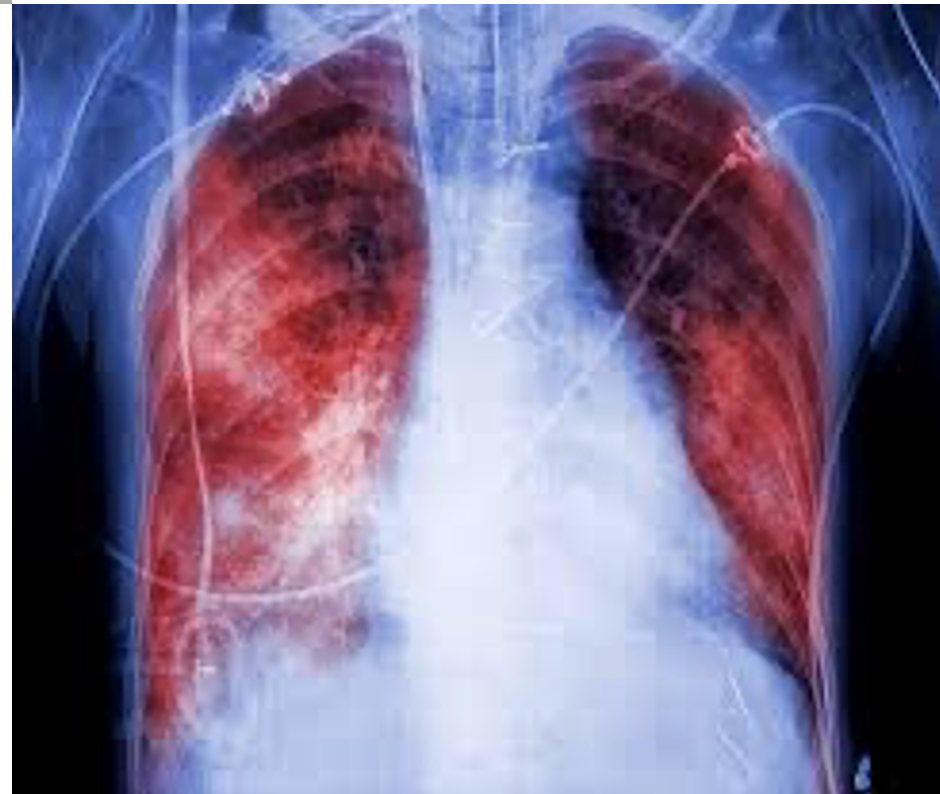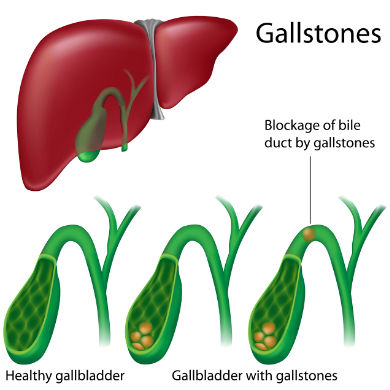The Effect of Covid on Immune System

By Christine Yang Y11
Introduction
COVID-19, short for Coronavirus Disease 2019, is caused by a new coronavirus called SARS-CoV-2. It was first identified in Wuhan, China, in December 2019 and quickly spread worldwide, resulting in a global pandemic.
The primary way of its transmission is through respiratory droplets released when an infected person coughs or breathes . It can also spread by contacting contaminated surfaces and then touching face and mouth where the virus is able to enter the host’s body.
Symptoms of COVID-19 can range from mild to severe and typically appear within 2 to 14 days after infection. Common signs of infection include fever, cough, difficulty breathing, fatigue, muscle pain, sore throat, headache, and gastrointestinal problems. Severe cases can lead to pneumonia, acute respiratory distress syndrome (ARDS), organ failure, and even death.

COVID-19 has left significant short-term and long-term effects on the immune system of patients.
Short-term effects :
- Acute immune response: When a person contracts COVID-19, their immune system responds by triggering an acute inflammatory response,which involves the release of various immune cells and molecules to combat virus. However, in severe cases, an exaggerated immune response can lead to a condition called a cytokine storm, which has detrimental effect on multiple organs.
- Immune cell depletion: Severe cases of COVID-19 have been associated with a decrease in certain immune cells, such as lymphocytes, particularly T cells. This depletion can temporarily weaken the immune response and make individuals more susceptible to other infections.
- Impaired innate immune response: The innate immune system, which is the body's first line of defense against pathogens, can be damaged during COVID-19. This can lead to a reduced ability to kill viral particles and an increased risk of secondary infections.
Long-term effects:
- Persistent inflammation: Some patients who have recovered from COVID-19 may experience persistent inflammation, even after the acute phase of the infection has resolved. Prolonged inflammation can lead to tissue damage and dysfunction of the immune system.
- Autoimmune reactions: COVID-19 has been associated with an increased risk of autoimmune reactions, where the immune system mistakenly attacks the body's own tissues.
- Immunological memory: Recovering from COVID-19 can provide immunity against future infections with the same virus. The immune system develops memory cells that recognize the virus and can respond faster and more effectively. However, the duration and strength of this immunity vary from person to person.




